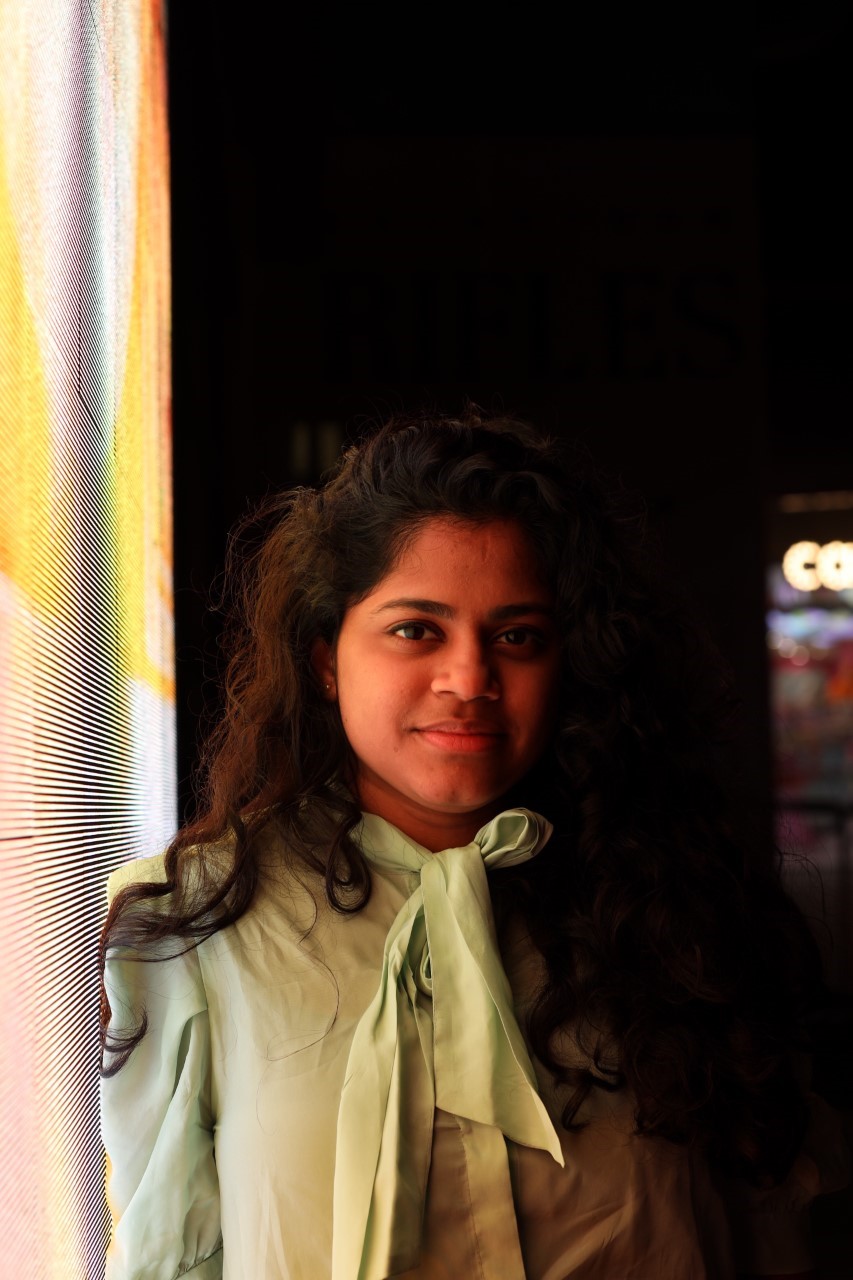Have you heard about Ed Tech’s Online Course Assistants (OCA) pilot program? We have hired and trained three Co-op students who can provide online course support for your department or individual instructors.
Our Co-op students are all hard-working and detail-oriented, with strong technical skills. They have had specific training on BrightSpace, Kaltura Capture, and Adobe Acrobat, in addition to the technical skills they acquired prior to joining Ed Tech, such as video editing. They are very keen to take some of the non-teaching and non-marking work off your plate, including helping to get test banks into Brightspace for Fall final exams, and helping you prep your Spring 2021 courses.
Through the OCA pilot program, the OCAs can:
- help you to organize and populate your courses, making sure there is a consistent look and feel to everything;
- ensure course links are working, or add in new links;
- organize your modules and submodules so that students find it easier to navigate the course, with the likelihood that you’ll have less student confusion and fewer inquiries to deal with;
- turn your printed handouts into interactive PDF fillable files that students can type in and upload to assignment folders – no scanners needed;
- edit your videos, such as breaking them into chapters and adding titles;
- assist you with other functions as appropriate.
All we need is content, such as Word or PDF documents or your exam in a Word format and we’ll work with the Online Course Assistants (OCAs) to upload this content to your course. In most situations the OCAs will work in a course that isn’t live, thus protecting your students’ data. If they must work in a live course, they will sign a non-disclosure form.
Taking advantage of the OCA program may help you enjoy your winter break more. Please contact us edtech@langara.ca to find out more about how we can help.
Who are the OCAs?
Frederick Chen
Frederick is a 4th year BBA Marketing Management Student. He has worked in technology sales, acquiring advanced knowledge of productivity software and file transfer support, as well as developing excellent customer service skills. He has advanced Excel skills, as well as experience course building in BrightSpace, and making Adobe fillable files. Frederick is excited about this opportunity to provide support for instructors in their transition to an online teaching environment.
Michael Cui
Mike is a 4th year BBA Student. Mike is detail-oriented and highly committed to excellence in project execution. Well-versed with educational technologies like Brightspace, Kaltura, and Zoom, he also has excellent skills converting handouts into fillable PDF documents. He looks forward to helping relieve some of the pressure instructors are experiencing because of the transition to online course delivery.
Lily Tran
Lily is a 4th year accounting student who is proficient in Microsoft Office, BrightSpace, WordPress, and Sage 50, as well as video editing. She has 3 years’ experience as a Langara accounting marker, a position that has honed her attention to detail. She looks forward to helping instructors save time and create a better distant learning experience.


























